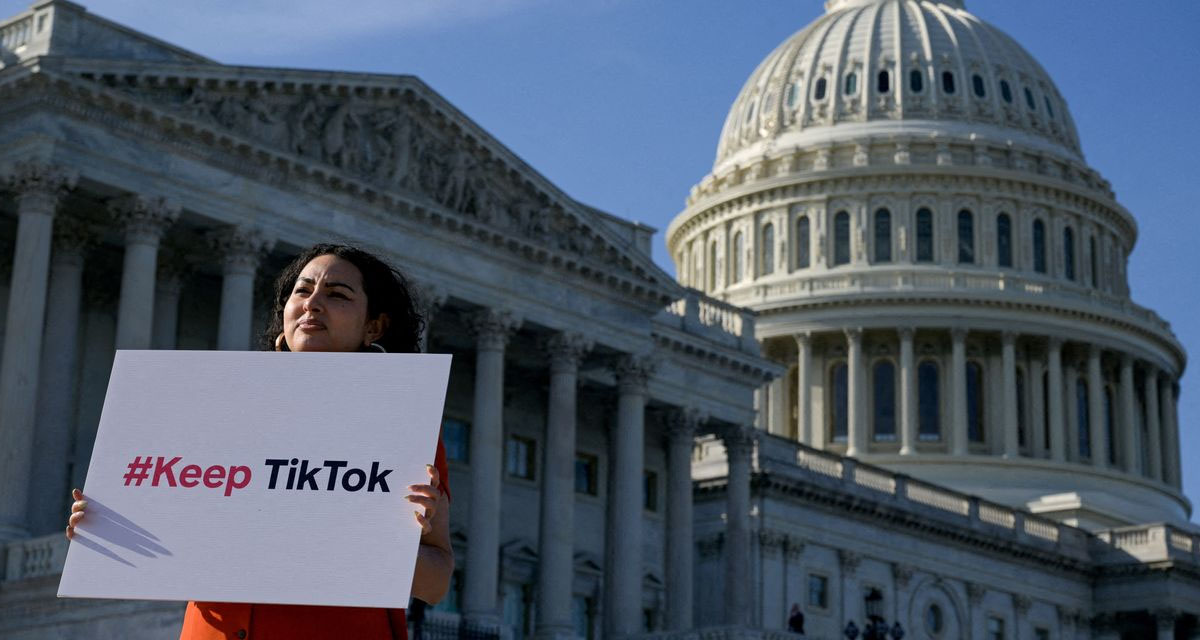Photo Credit: Getty Images
After a long game of deffering court sessions, the U.S. Supreme Court has scheduled arguments for January 10, 2025, to determine the fate of TikTok in the United States. The app, owned by Chinese parent company ByteDance Ltd., faces a potential ban unless the company relinquishes ownership under the Protecting Americans from Foreign Adversary Controlled Applications Act. This case raises critical questions about free speech, national security, and digital sovereignty.
The controversy rises from concerns over TikTok's data collection practices and its potential vulnerability to Chinese government influence. The U.S. Department of Justice defended the law before the DC Circuit Court of Appeals, emphasizing the national security risks of a foreign entity controlling a platform with over 170 million American users. Judge Douglas Ginsburg, writing for the appeals court, upheld the law, asserting that "Congress acted to protect Americans' freedom from foreign surveillance and data exploitation."
TikTok's defense hinges on the First Amendment. The company argues the law imposes "massive and unprecedented speech restrictions," not only silencing the platform but also curbing Americans' ability to engage in diverse political, artistic, and commercial discourse. The platform's vibrant user base, including creators who depend on it for livelihoods, has amplified these concerns.
President-elect Donald Trump, who is set to be inaugurated a day after the proposed ban takes effect, has expressed mixed sentiments. While he credited TikTok for swaying young voters during his campaign, his administration would oversee the enforcement of the ban. Trump retains the discretion to delay the ban by 90 days, potentially offering ByteDance more time to negotiate a sale.
Legal experts note that the Supreme Court's expedited schedule highlights the urgency and high stakes involved. If the ban proceeds, TikTok would vanish from app stores on January 19, eventually becoming inaccessible even to existing users. Content creators have joined TikTok in challenging the law, highlighting the economic and social impact of the platform's removal.
Various classified briefings to Congress have cited potential dangers, but the government has yet to present declassified evidence substantiating claims of harm. Civil society groups warn that banning TikTok could set a troubling precedent for restricting speech based on ownership concerns.
This decision will either pioneer the basis freedom of speech regulations with regard to personal data management and will likely shape the future of social media regulation in terms of privacy and data management in the United States.


